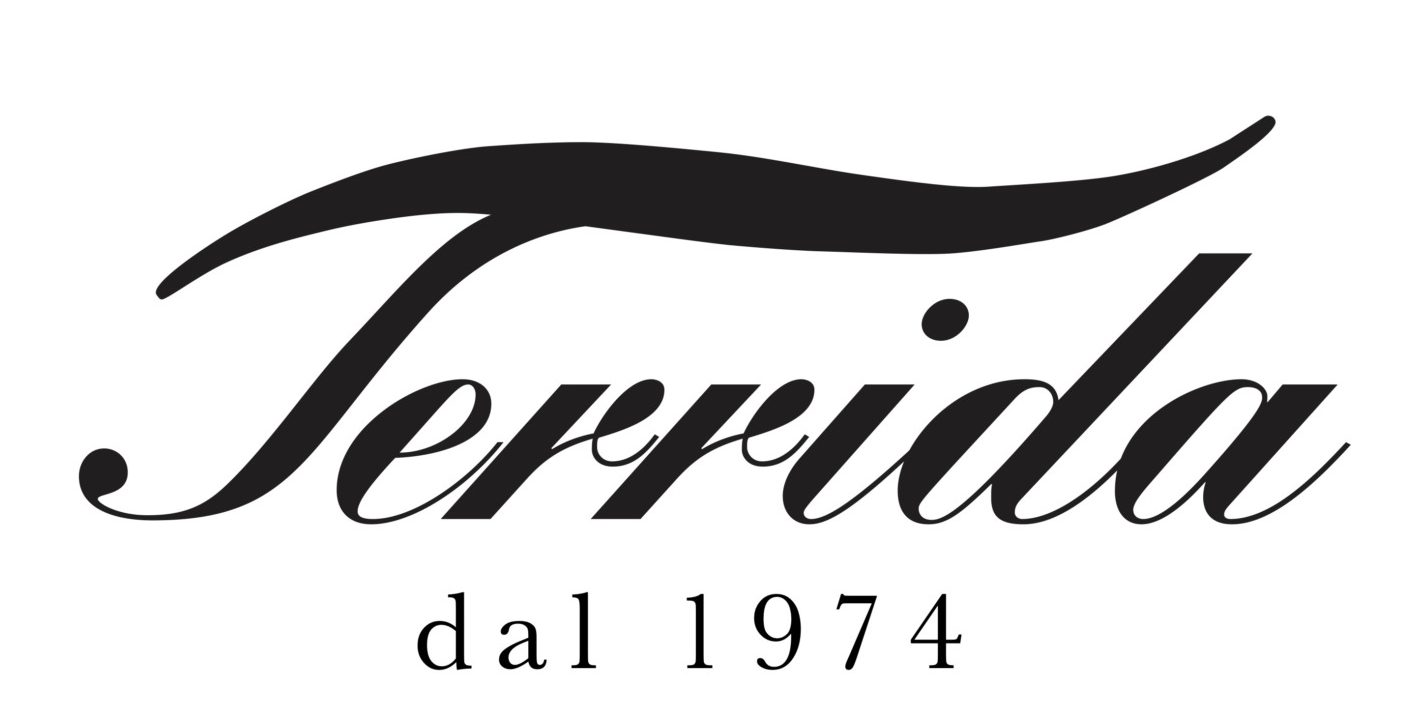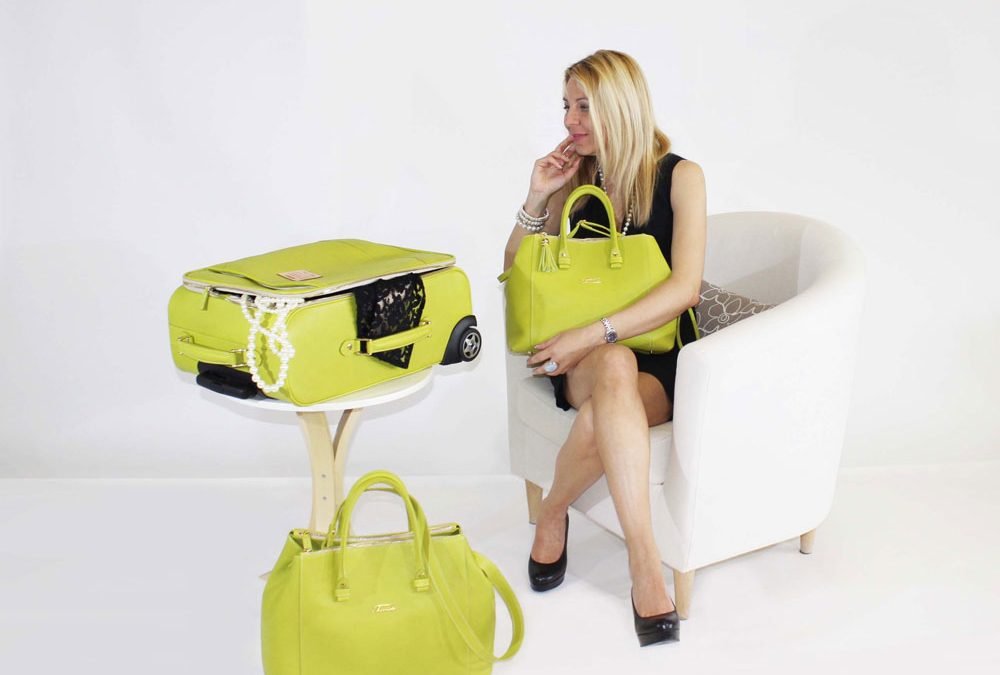Interview for Tannins.org
“We have the sun in our hands to enlighten our path and the moon in our hearts to enlighten our dreams.”
This sentence is taken from a poem by Federica Terrida and is engraved on a bag made of vegetable-tanned leather with tannins from the Murano collection. More than a quote, it is the synthesis of the vision that has guided the work of the Terrida family for generations, and that combines deep awareness in the choice of materials with the search of a style that can rise above the passing fashions. The company was born as a family business in the 1970s; in the eighties it began to make collections in vegetable tanned leather.
Federica joined the company in the early 2000s, beginning to understand and over time deepening her knowledge of this wonderful material. “I discovered tannins, the vegetable tanning process, and the features that make vegetable tanned leather unique if compared with other tanning methods, learning day after day thanks to our historic supplier, ‘La Bretagna’ tannery, an associated company of The Genuine Italian Vegetable-Tanned Leather Consortium. We always try to convey this uniqueness to the public, often bringing real tannins to our stand at the fairs where we participate.”
The Terrida creations reinvent the concept of elegance in a dynamic perspective: accessories designed to accompany us, facilitating life, during travels and journeys, but also in special events, at work or playing sports. The catalog includes bags, backpacks, trolleys and more original items, such as golf bags and trunks, which many customers use as wardrobe furniture. Products that best express all the ductility of vegetable tanned leather. An added value that patiently needs to be communicated to the final consumer. “Recently, the introduction on the market of new materials based on plant sources has nourished misunderstanding: when I talk about vegetable tanned leather, many people ask me if it is based on pineapple leaves or apple skins, which makes us understand the importance of using the right words so that the final consumer can really understand what he/she is buying.”
Federica continues: “Objects in vegetable-tanned leather are everywhere in our lives and, like us, change over time. Today there is a lot of confusion about what is eco-sustainable, and it is essential to communicate that vegetable tanned leather is a recovered material obtained from food industry waste and that the tannins used to tan it are vegetable substances, environmentally friendly and simply extracted using hot water. Nowadays, many are leveraging this new awareness to push towards certain consumption choices. But I wondered how ‘green’ these choices really are.”
How to sort things out? Federica suggests that “before evaluating whether a product is eco-sustainable or not, we should ask ourselves: ‘Is it human-sustainable?’. Or: ‘Who produced it? What were the working conditions? Was the salary fair? What are the raw materials and how were they obtained? Can they pose problems to human health or the environment’’ If it is ‘human-sustainable’, then it is also sustainable for the environment because Man is part of Nature and love for humanity makes the difference. Acquiring this awareness can guide us towards the right purchases.
We need a real change of mentality in the relationship with objects and our creations in vegetable tanned leather are made to last over time. How many objects do you need to feel happy? An Edward Norton quote in the movie Fight club ‘We buy things that we don’t need, with money that we don’t have to make an impression on people we don’t like’ makes us understand that if people were really happy, I mean a real happiness and not just the projection of what we own, they would consume less, would be more concerned about being rather than having and would choose quality products instead of getting lost in expenses that damage humanity and consequently the planet. The economy based on this kind of ‘fast’ consumption is only apparently synonymous with economic development, while instead it fosters a huge increase in terms of human, social and environmental cost.”
Federica continues “I always like to remember that we depend on nature, which speaks to us with its gentle sounds as a raindrop, the rustling of the wind between the leaves or the buzzing of a bee. It is Nature that whispers in the silence and that reminds us, even through the touch of an object of vegetable-tanned leather with tannins, that respecting and protecting the environment means loving humanity. Returning to Terrida products, I wish to underline that, besides reminding us that we are part of Nature, they represent a tradition that is renewed and that lives over time. Our bags and briefcases are lifetime companions; the marks on the leather will always remind us that we are able to transform anything into beauty and awareness.”






